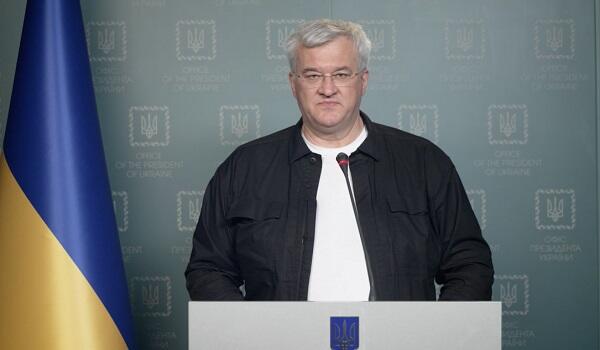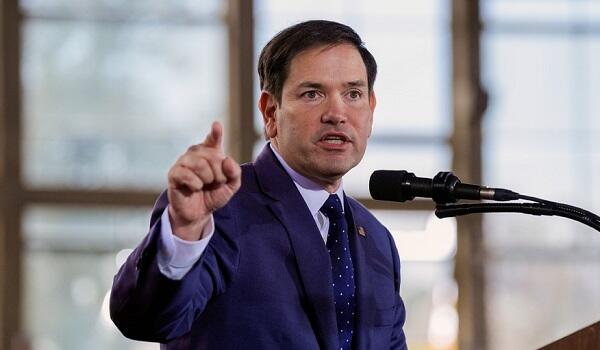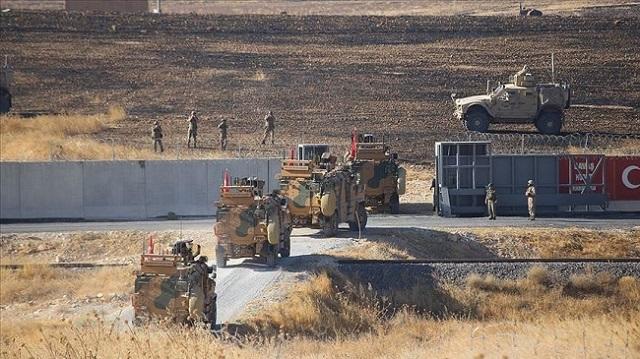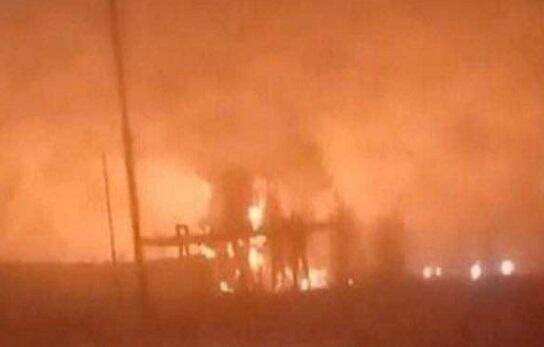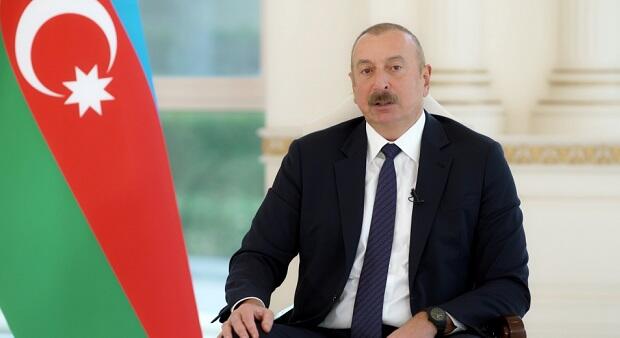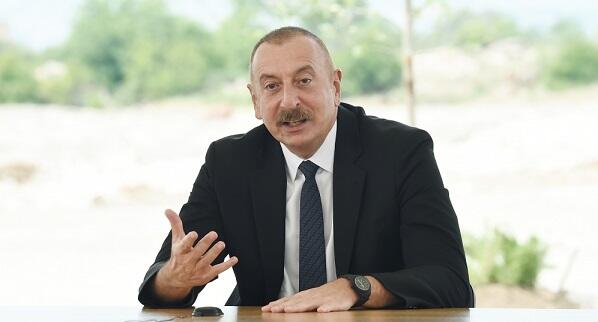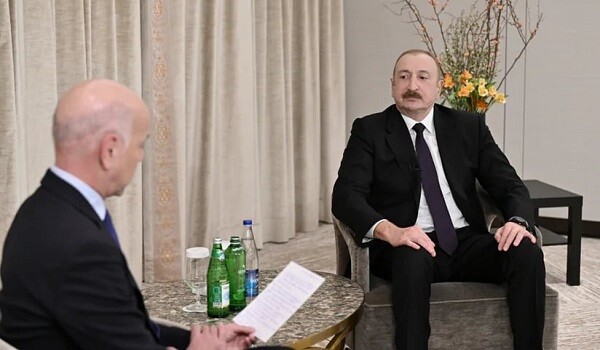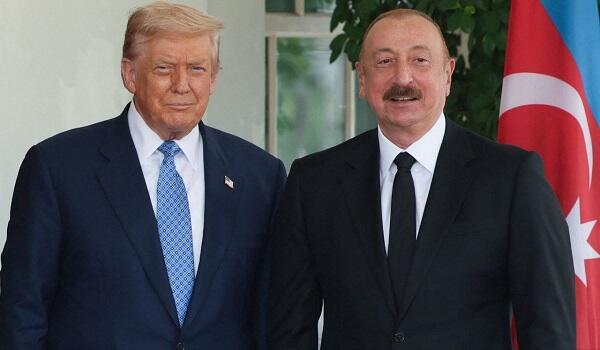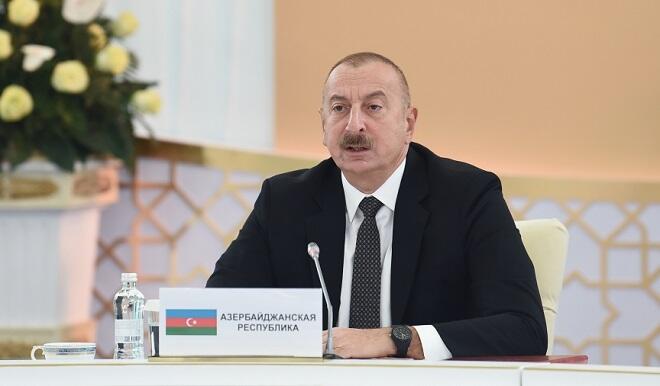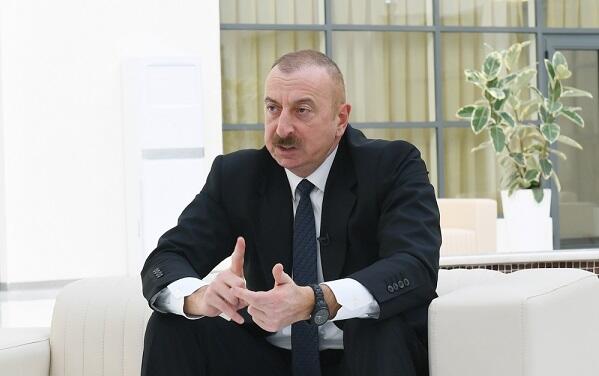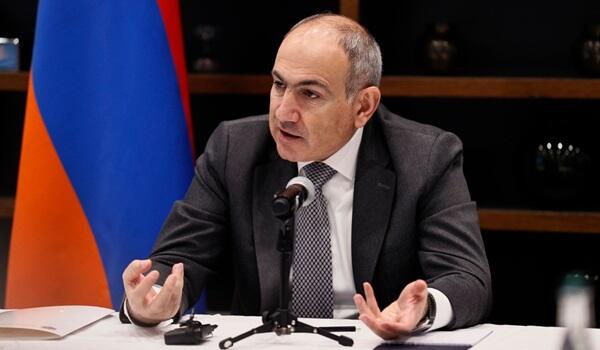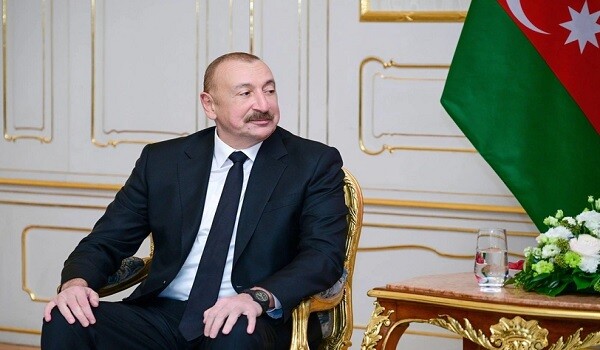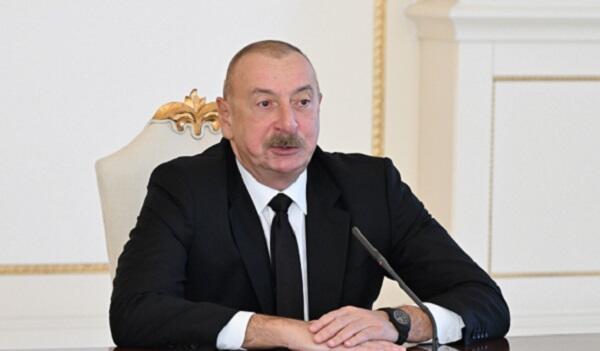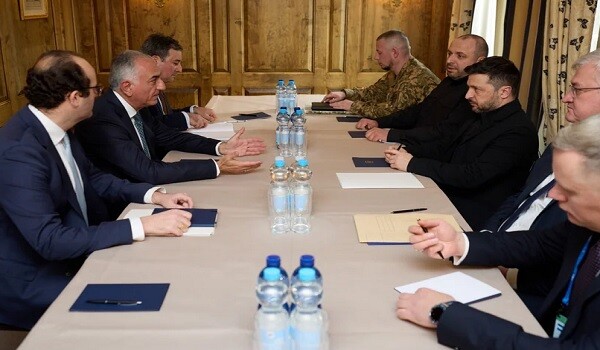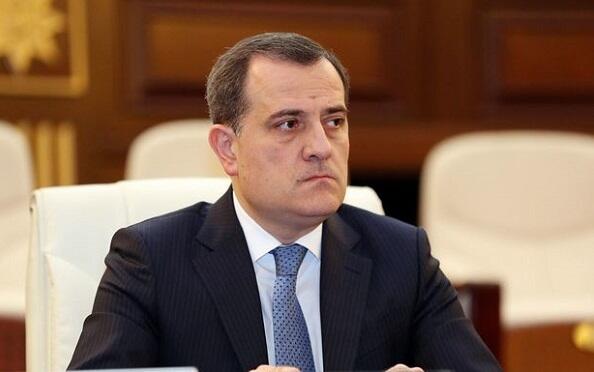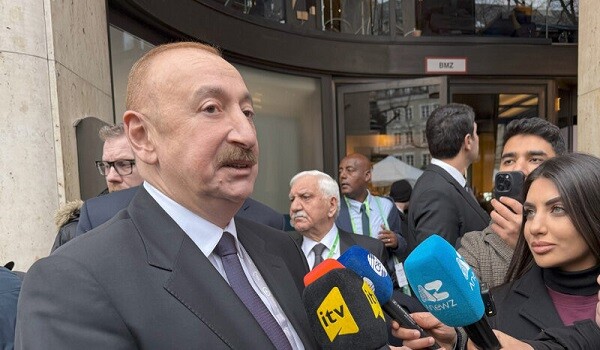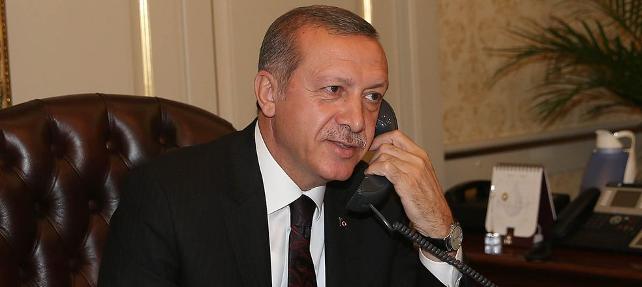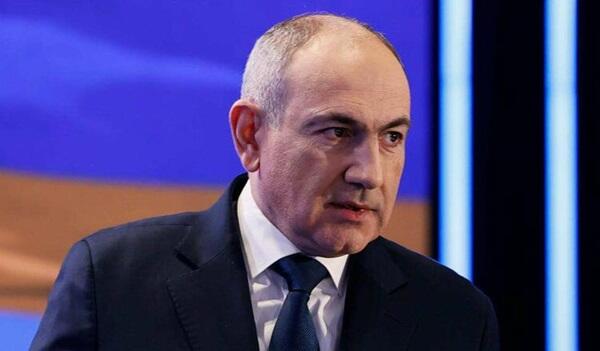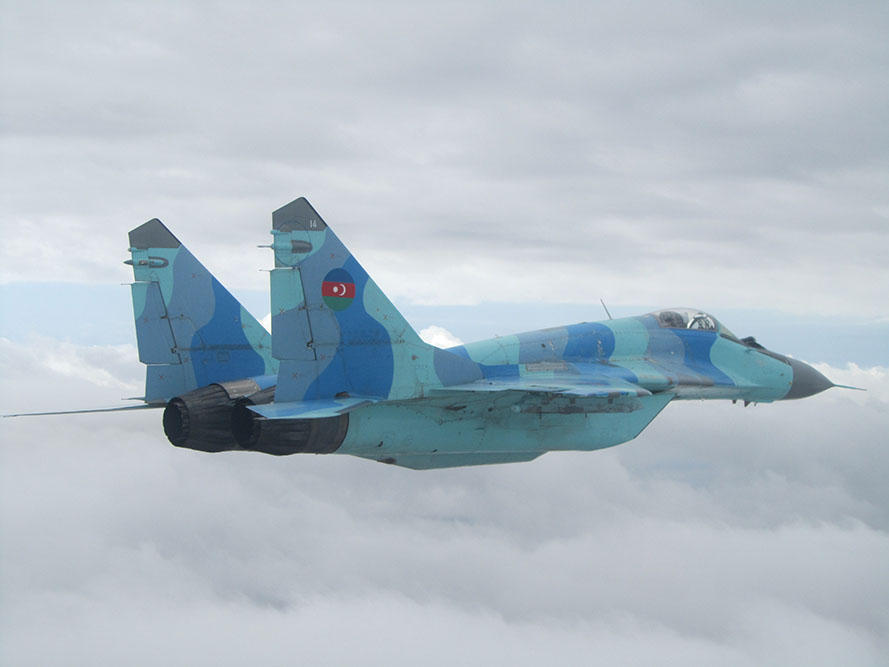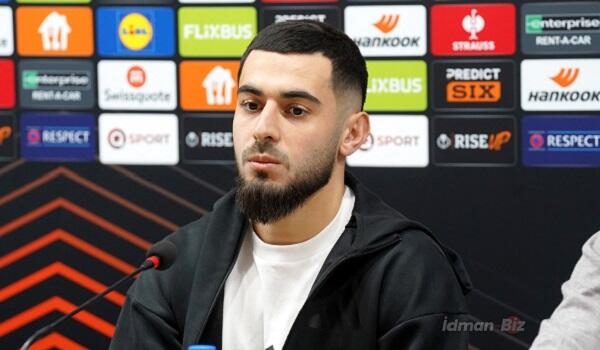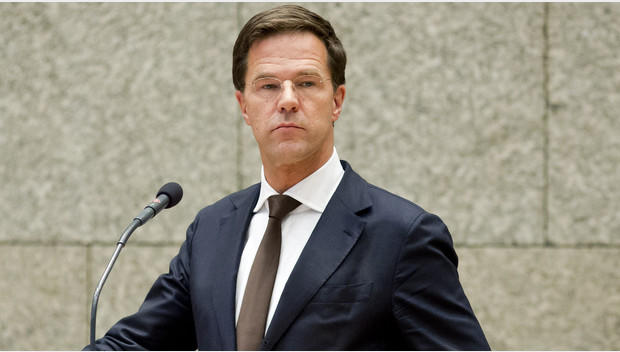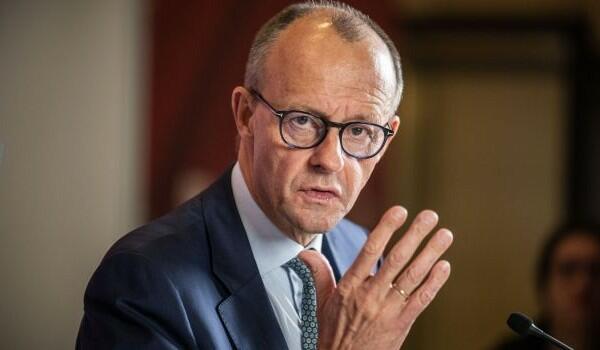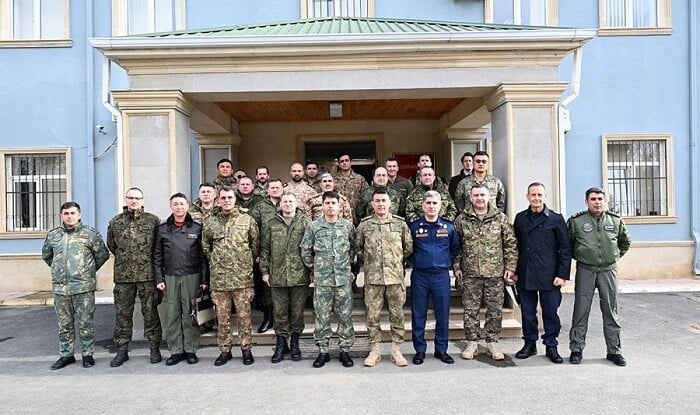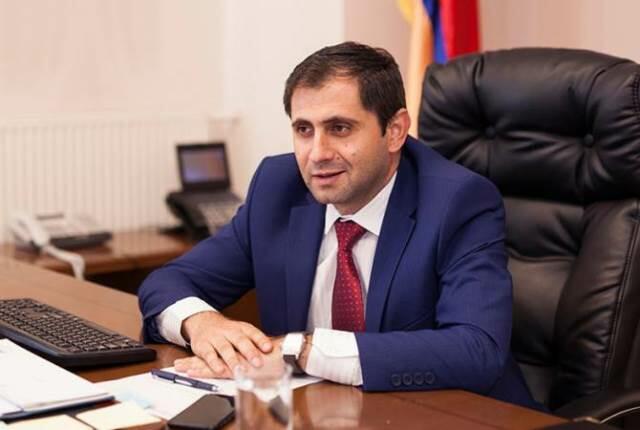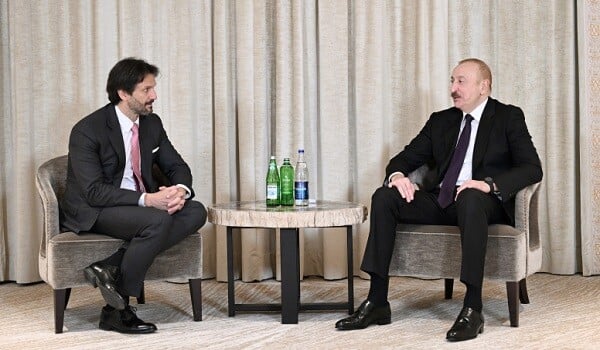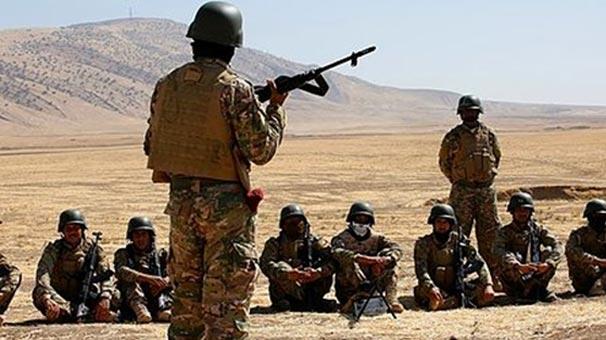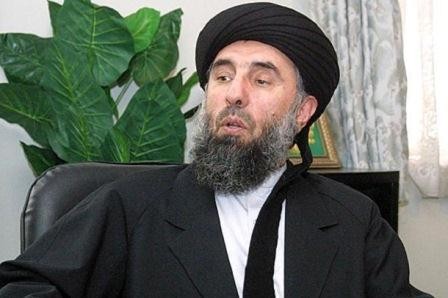Human Rights Watch describes deal with Gulbuddin Hekmatyar as ‘an affront to victims of grave abuses’.
The Afghan government has pardoned one of the country’s most notorious warlords for past offences including terrorist attacks and alleged war crimes as part of a peace deal with his militant group, Hezb-i-Islami.
The agreement, signed on Thursday after months of negotiations, paves the way for a return to public and possibly political life for Gulbuddin Hekmatyar, who holds an almost unparalleled record of human rights abuses.
These include indiscriminate shelling of civilians, targeted assassinations of intellectuals and disappearances of political opponents. Hekmatyar’s followers are accused of throwing acid at women and of running an underground torture prison in Pakistan.
In a central, upper-class Kabul neighbourhood, a group of young activists organised a protest against the pardoning of the man known as the Butcher of Kabul, coinciding with the signing ceremony less than a mile away. Placards picturing Hekmatyar with blood spilling from his mouth and a rocket through his nose read: “We will never forgive the executioner of Kabul.”
The accord also allows for the release of Hezb-i-Islami prisoners, and obligates the Afghan government to pay for security in two or three locations inside Afghanistan where the group can choose to settle its leadership.
Human Rights Watch called the deal “an affront to victims of grave abuses”.
“[Hekmatyar’s] return will compound the culture of impunity that the Afghan government and its foreign donors have fostered by not pursuing accountability for the many victims of forces commanded by Hekmatyar and other warlords that laid waste to much of the country in the 1990s,” the organisation said in a statement.
Others see the inclusion of the armed opposition as a necessary step towards peace. In a working-class Kabul neighbourhood, where residents during the civil war were allied with Tajik commander Ahmad Shah Massoud, one of Hekmatyar’s foes, opinions were split.
“It is not a solution to keep fighting,” said Abdul Samad, a middle-aged worker at a flour wholesale shop who lived through the civil war shelling. “Everybody wants peace. Not just humans. Even the animals want peace.”
His 25-year-old colleague, Mohammad Zarif, was of a different view. He was too young to remember the civil war, but said his uncle was killed by a Hezb-i-Islami rocket.
“I don’t want Hekmatyar to come to Kabul,” he said. “He is not honest. He will train suicide attackers, and if his supporters become parliamentarians, they will release suicide attackers from the prisons.”
Not only will Zarif face the return of Hekmatyar. He and other taxpayers will also help fund the insurgent leader’s security. The bill for residences, vehicles and guards for Hezb-i-Islami leadership have been reported to be as high as $4m (£3m).
Hekmatyar, who has been in hiding since 1997, has not yet returned to the capital. Neither he nor the country’s president, Ashraf Ghani, were present at the signing ceremony. Instead, the deal was inked by national security adviser Hanif Atmar, head of the High Peace Council Pir Sayed Ahmad Gailani and a Hezb-i-Islami delegation led by senior member Mohammad Amin Karim.
Reading the peace accord aloud, the only female representative in the negotiation process, Habiba Sarobi, said Ghani and Hekmatyar will ratify the deal later.
Hezb-i-Islami’s military significance has waned in recent years. In 2013, the group conducted a suicide bombing that killed 10 Afghans and six American troops, but by then, that was a rare occurrence. Politically, however, loyalists of the movement have grown increasingly influential, and the peace accord permits them to run for office.
The agreement had been discussed for months. The main sticking point, according to a western security official, was an article concerning the withdrawal of foreign forces. Hekmatyar has long refused to sign a deal as long as foreign troops are present in Afghanistan. The accord now stipulates that the two parties disagree on the matter, but that Hekmatyar commits to not supporting terrorism.
The deal also obliges the Afghan authorities to work to have Hezb-i-Islami removed from the United Nations’ list of foreign terrorist organisations. Hekmatyar was designated by the US as a “global terrorist” in 2003 and blacklisted at Washington’s request by the UN the same year.
Ibrahim Sadruddin, a young soldier in Kabul on leave, said inviting Hezb-i-Islami over to the government side would strengthen the security forces, weaken the morale of the Taliban and Islamic State, and show insurgents that entering the peace process could pay off.
In that sense, Thursday’s peace accord can perhaps provide a blueprint for future negotiations with the country’s main insurgent group, the Taliban. Despite concerted efforts from the government, peace talks with the Taliban are dormant, and the militants show no sign of appeasement.
After being embroiled in more than three decades of armed conflict, many residents believe continued fighting is futile.
“During the civil war, no side was innocent,” said Karima, 39. “Hazaras, Uzbeks, Tajiks, Pashtuns – everybody committed crimes.” She said the only solution was for long-time enemies to sit down and negotiate.
“Of course it is difficult, but we have to accept them. There is no other way.”
